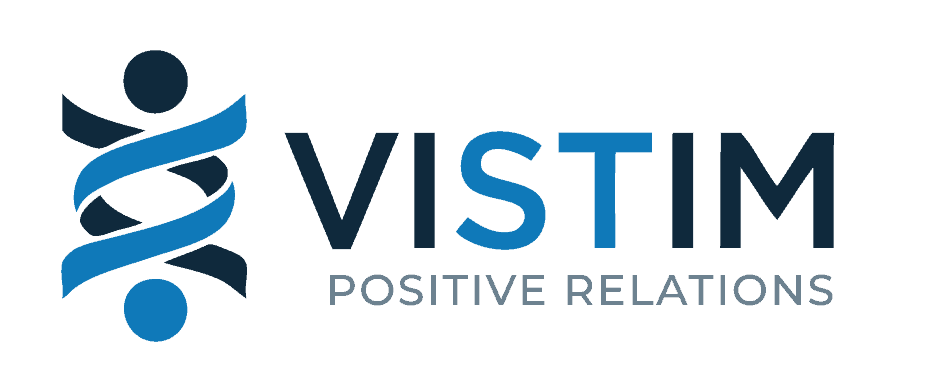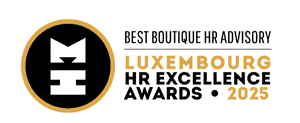In a few days, we will celebrate the International Women’s day. It is a good opportunity to review the movement for diversity and the one against discrimination in the workplace.
Priscilia Talbot is Project Manager for the Diversity Charter Luxembourg. She takes a sharp look at the strengths and weaknesses of Luxembourg’s companies in terms of diversity. We asked her 7 questions because such a topic deserves more than just 5 questions.
1. What is the current state of diversity in Luxembourg?
Luxembourg is a fundamentally diverse country, with 170 nationalities currently listed. This is reflected in companies, but that doesn’t mean that everyone is naturally included: there is still a lot to be done to guarantee real equality for all. The challenge is to ensure that everyone gets on well together, understands each other and promotes living together as well as cultural diversity, whether in the country or in companies.
2. Under the guise of openness, what problems have remained in the « blind spot »?
On this day of international struggle for women’s rights, women continue to face persistent challenges linked to stereotypes and prejudices about their abilities. They are also subject to micro-aggressions, seemingly banal phrases or gestures that can have a negative impact on their physical and mental health.
Examples: Always asking a woman to take notes at meetings, or to organise farewell parties, or even implying that they must have been in a relationship with someone in order to be promoted, etc.
3. According to the calculation methods used, Luxembourg is a good pupil in terms of equal pay. What downsides do you see to this ideal image?
Luxembourg is the only EU Member State to have achieved equal pay! Despite this, women continue to face persistent challenges in the professional world, such as the « glass ceiling », the « glass cliff » and under-representation in management positions.
4. What are the benefits of diversity in the workplace?
An inclusive corporate culture is an environment and workplace in which everyone feels welcome, safe and free to be themselves. Having an inclusive culture is something you have to work on! To achieve this, the organisation must make human and financial resources available for training, raising awareness and proposing facilities to enable this culture to flourish. Lastly, it must be deeply experienced by all the organisation’s staff, whatever their hierarchical position is.
Who wouldn’t want to work, and above all stay, in an inclusive, caring organisation that allows everyone to be themselves at work?
5. What are the challenges of diversity?
For companies, some of the most important challenges are to break the taboo on issues of harassment and aggression, whether physical and/or moral, to work on stereotypes and to support women in their professional development. It’s true that women’s voices have been liberated in some sectors, but they still need to be heard.
In Luxembourg, a certain number of companies has already put in place good practices: support seminars, an internal network for networking and raising the profile of female talent, management training and awareness-raising among the hierarchy.
The awakening is there, in fact, but now it’s time to take further action!
6. How can we promote diversity?
Promoting diversity starts with you. In particular, by becoming aware of unconscious biases and privileges. Training and awareness-raising are essential at all hierarchical levels and throughout a career. In our day-to-day work with companies, we have realised that there is still a great deal of work to be done in terms of awareness and training, even if the subjects are understood. That’s why, in 2022, we launched the Sustainability Academy to go even further in providing tailor-made support for organisations.
7. Diversity as a factor in attracting and retaining talent: what do you think?
Diversity is undeniably a factor in attracting and retaining talent! Nearly two thirds of employees (62%) would refuse a job offer from an organisation whose culture does not promote diversity, according to a study by recruitment agency and job board Monster. Companies that are committed to promoting and acting fundamentally on diversity and inclusion attract talent and create an environment where all staff feel valued and respected. Who wouldn’t want to work, and above all stay, in an inclusive, caring organisation that allows everyone to be themselves at work?





